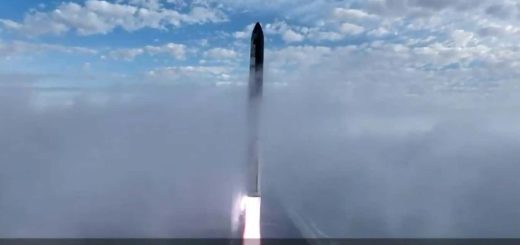How cosmic events may have influenced hominin evolution
Some cosmic events could have profoundly altered the lives of our ancient human relatives. Did Neanderthals go extinct, at least in part, due to changes in Earth’s magnetic field? Did Australopithecus witness huge meteorite impacts?
By Michael Marshall
9 September 2025
Has an asteroid impact influenced the course of human evolution?
Anna Ivanova/Alamy
This is an extract from Our Human Story, our newsletter about the revolution in archaeology. Sign up to receive it in your inbox every month.
I am old enough to remember when the idea an asteroid impact wiped out the dinosaurs was new and exciting. When Luis Alvarez and his colleagues first suggested this in 1980 – the year before I was born – it was a big, dramatic claim. They didn’t even have an impact crater, just a layer of anomalous rock. It took decades, and the realisation in the 1990s that the Chicxulub impact crater in Mexico was the right age and size, to firm up the idea. Even now, palaeontologists are divided on whether the impact was the main cause of the mass extinction, or whether dinosaurs were already in decline before the big rock hit.
Read more
Survival of the friendliest? Why Homo sapiens outlived other humans
Obviously, nothing so earth-shattering happened during the period when humans evolved. The Chicxulub impactor was unusually large and exceptionally deadly.
However, life on Earth is subject to a whole host of other space-related threats. One idea doing the rounds is Earth’s magnetic field did something weird about 42,000 years ago. This supposedly caused a global ecological crisis, including possibly contributing to the extinction of the Neanderthals – paving the way for the global dominance of our species. The idea was first proposed in 2021 in Science, and my colleague Karina Shah wrote a news story about it.
What’s more, many other cosmic phenomena affect our planet. Meteorite impacts smaller than Chicxulub can still do a lot of damage to ecosystems in or near the impact zone. There are also risks from radiation from exploding stars or “supernovae”. These amount to an ongoing barrage of threats for life on our planet, including humans and our extinct relatives.


